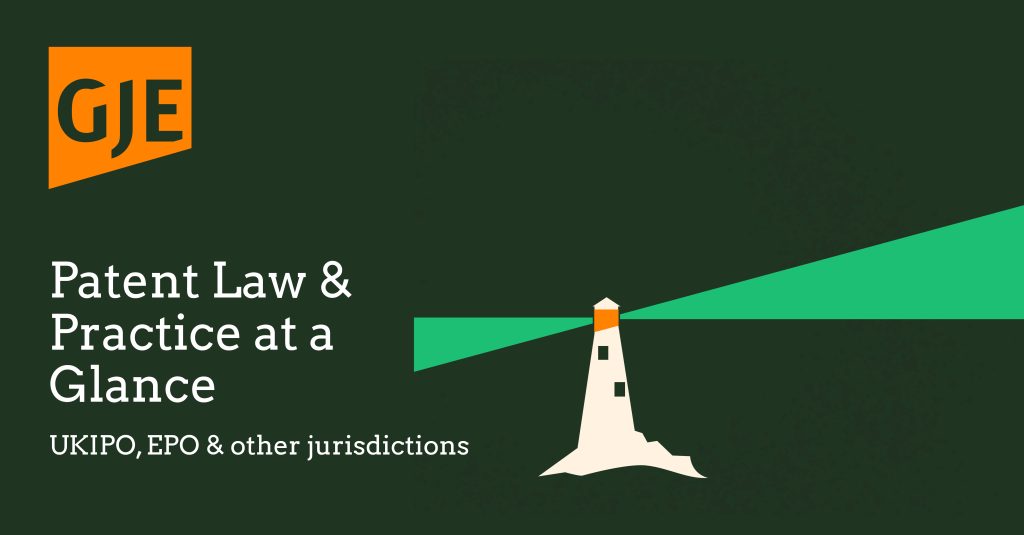
Recent shifts in US foreign policy, particularly regarding Ukraine, have spurred a renewed emphasis on defence spending across Europe. Political parties and government bodies are increasingly emphasising the need for self-reliance and significant investment in European defence companies. This evolving landscape offers considerable opportunities for both established firms and emerging start-ups operating in this highly specialised sector.
For defence companies, protecting intellectual property is critical – not only to secure a competitive advantage but also to ensure that sensitive technical details remain confidential. Under the conventional patent system, an inventor must disclose sufficient information to allow replication by those skilled in the art. In return, exclusive rights are conferred and the invention is published. However, when dealing with sensitive defence-related technologies, this standard approach may risk national security. This is where Section 22 of the UK Patents Act, relating to so-called “secret patents”, becomes relevant.
All patent applications filed at the UKIPO are subject to screening to ensure that, even if an applicant does not initially consider the invention sensitive, the state can review each application to determine whether its details require protection on national security grounds. Indeed, patent applications for inventions from UK residents that may contain sensitive information must initially be filed at the UKIPO before any corresponding applications can be submitted elsewhere. When an invention meets the criteria, a prohibition order is issued, restricting the publication of information concerning the application and the filing of corresponding applications in other countries. A patent will not be formally granted as long as the prohibition order remains active.
Understandably, receiving a prohibition order can be a source of frustration for applicants. However, it is important to recognise that the “secret patents” process can still offer significant benefits – for example, providing more robust protection than relying solely on non-disclosure agreements.
While the prohibition order is in force, the validity of the application is examined by the UKIPO. If an application has been processed and deemed ready for grant, profits attributable to the invention may still benefit from the reduced rate of corporation tax available under the “Patent Box”. Additionally, the applicant may be entitled to receive financial compensation for any use of the invention by the state. Furthermore, if the ongoing restrictions impose significant hardship, a reasonable compensation payment may be awarded based on the invention’s innovative merit, practical utility, intended purpose, and other relevant factors.
Additional patent-related issues also merit attention in the defence sector. In the UK, the Landmines Act and the Cluster Munitions (Prohibitions) Act make any act of transferring technology associated with prohibited items (extending to drafting a patent specification) a criminal offence. The UKIPO will also not process applications relating to this technology under Section 1(3) of the Patents Act, as they are deemed immoral.
At GJE, we understand the unique challenges faced by defence companies in safeguarding their intellectual property and we have experience in handling secret patents. Our team boasts industry expertise, and several of our attorneys hold the necessary security clearances. If you are interested in learning more about how GJE can help you in this area, please get in touch with your usual GJE attorney, or email gje@gje.com.


